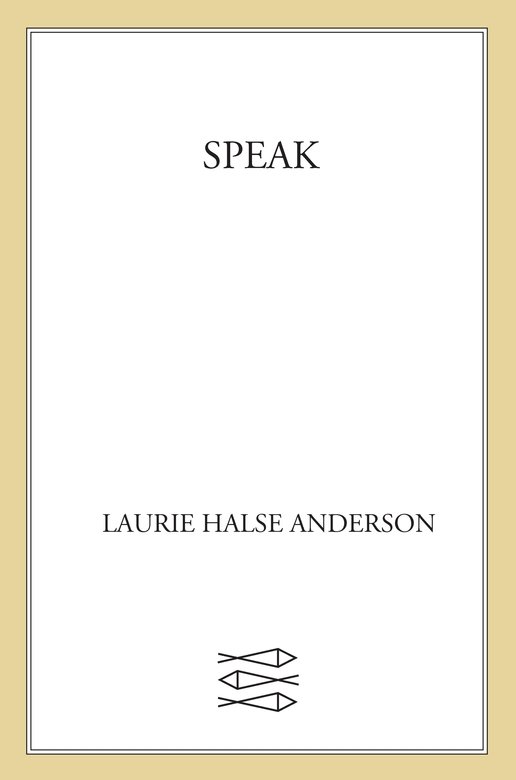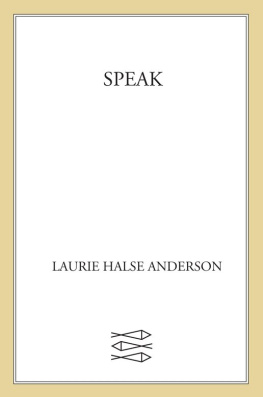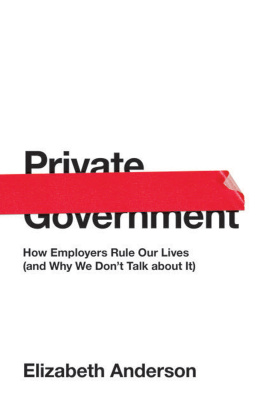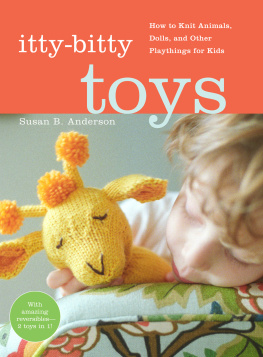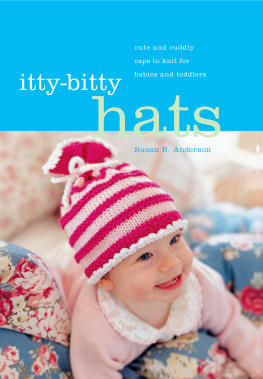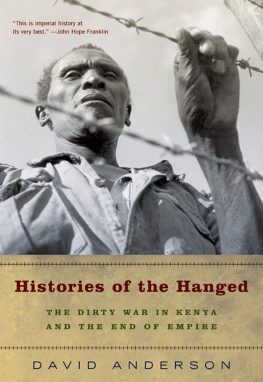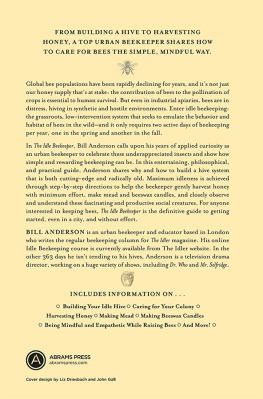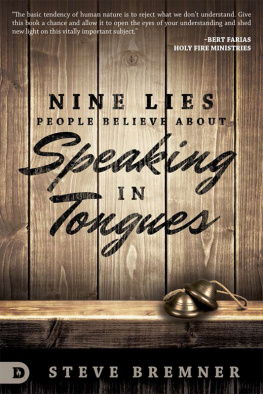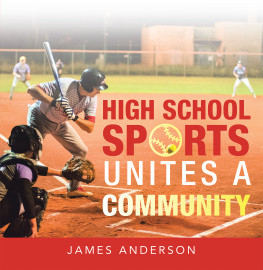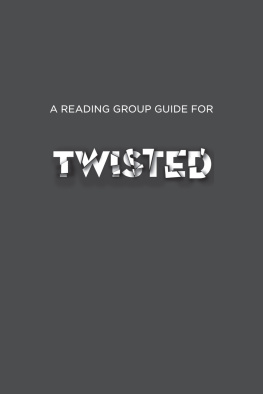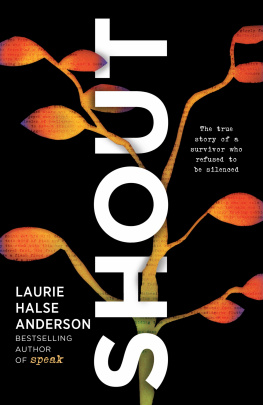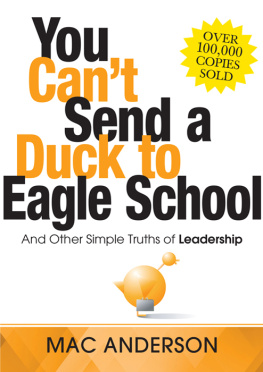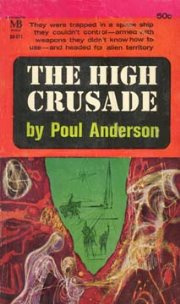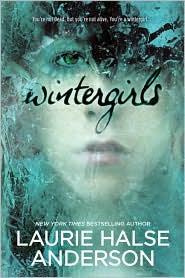I would like to offer my deepest thanks to all the people who read
drafts of this story and encouraged me to keep going:
the Bucks County Childrens Writers Group, Marnie Brooks,
Hillary Homzie, Joanne Puglia, Stephanie Anderson,
Meredith Anderson, and Elizabeth Mikesell,
a talented and compassionate editor.
Thank you, thank you.
In late 1996, I woke up from a nightmare, thinking about the character who would become Melinda Sordino in Speak . I never thought the book would be published, but it was. More than a million people have read it. Go figure.
A couple of times a week for the last twelve years, readers have asked me when Ill be writing a sequel to Speak.
No. Thats not entirely correct.
A couple of times a day, nearly every day for the last twelve years, readers have asked me when Ill be writing a sequel to Speak. Many of them have given helpful plot ideas. I could write about the trial, when Andy Evans is convicted of Melindas rape and sent to jail. I could write about Melindas therapy sessions, in which she confronts her parents for their emotional neglect. Or I could have her face a new trauma: she could start smoking meth, or develop amnesia after a car accident, or be kidnapped by a cult of perverts, or, or, or
My favorite suggestion came from a ninth-grade boy in Southern California who told me I should write about how she got through the rest of high school without killing anyone. And I should call the sequel Spoke.
Actually, thats not such a bad idea.
Heres the Thing: most sequels suck. Take a look (if you dare) at Jurassic Park 2, Jaws: The Revenge , or Rambo 15 . Sequels are too often crass attempts to make money off something that worked the first time, but without the care and attention that made the first movie or book so special.
Book sequels seem to work best when the author had planned a follow-up from the beginning and left a few story lines dangling that could be picked up and woven into a new plot. Yes, I know I didnt wrap up everything at the end of Speak. I rarely do in my books. I like my last pages to be somewhat open-ended because thats the way things are in real life.
But despite all of that, heres another thing: Im seriously thinking about writing a sequel. Ive been thinking about it for a very long time. I loved writing about Melinda and it would be wonderful to hang out with her again. We caught a glimpse of her in Catalyst, but we saw her through the eyes of another character, Kate Malone. She couldnt tell us what was going on inside Melindas heart.
I sometimes feel like Melinda is hiding in another closet, this time in my mind. Shes waiting for me to find the right path to her door. The questions swirl. How serious is her relationship with David Petrakis? Will she ever have a girl friend she can trust? Is art her only salvation, or will she join the basketball team? Are her parents going to split up? Would she be happier if they did, or would that shatter her? What does she want to do after high school?
So heres the last thing: I cant write the sequel until I stumble on the right story and Melinda wakes me up again in the middle of the night. So it might never happen. Or it could happen next year. Or more likely, somewhere in between those two possibilities.
Ill speak up when Melinda is ready.
How did the character of Melinda come to you?
In a nightmare! I woke up one nightpanickedbecause I could hear a girl sobbing. I checked on my daughters, but they were sound asleep. The crying girl was in my head, a bad dream. I sat down at the computer and wrote out what I was hearing. The next morning I listened to that voice again and the character of Melinda Sordino unfolded. When I first started writing, I had no idea what had happened to her. It wasnt until she was comfortable with me that she let her secret out.
What was the writing and revision process like?
The voice of Melinda was very strong throughout. At first, I toyed with the idea of making her totally mute, but in this day and age that would have led to medical and psychological interventions. I decided it was better to have her just withdraw and speak as little as possible. There are lots of kids out there in Melindas positionstruggling with depression and teetering on the edge of disasterbut people dont pay attention unless they do something drastic. This makes me so angry I could scream or better yet, write a book.
The revision process focused on structure, on making Melindas struggle and growth unfold at the right pace as the school year moved on. The holiday scenes are some of my favorites. The ending required a lot of time. I had three other endings that were all pathetic and lame. I had to really push myself and Melinda to find the right way to end the book. Im very happy with it now.
The character of Heather from Ohio was originally two characters. As I revised, I realized that the girls each played the same role, so I combined them into one. Mr. Freemans character felt flat in the early drafts, so I gave him his own piece of art to struggle with in the hope that it would deepen his character.
Your dialogue is dead-onhow do you capture the internal and external voices of high school students so well?
These days it is very easy because my house has been overrun by teenagers. When I wrote Speak , however, my kids were in elementary school. To get a sense of the rhythm of high school speech, I spent a lot of time at Taco Bell and the food court at the mall. We wont talk about what those field trips did to my waistline .
I also found a piece of Melindas voice in my own high school experience. Emotions dont change much from generation to generation. You just have to get the details right.
So how much of Melinda is based on you?
My freshman year in high school kind of resembled Melindas. My family had moved the summer before, and I started ninth grade without knowing anyone. Things were complicated by the fact that my family was going through a small nuclear meltdown. My father had quit his job for some very good reasons, but he was wretchedly unhappy. Money was tight, we were in a new place, and the world felt foreign and scary to me. On the positive side, feeling isolated gave me (and Melinda) a useful perspective on the absurdities of high school culture.
A couple of the incidents from Speak were taken right out of my real life. I was the obnoxious kid in English class who grilled my teacher about symbolism and refused to accept her answer. My father buried several toxic stew experiments in the backyard (honest). And the real-life mascot of my high school was (and is) a hornet. And yes, we used to sing the Horny Hornet chant, though the cheerleaders did not have a special dance, nor were we ever videotaped by a television station.
What has been the biggest surprise since the book was published?
That so many people like it.
What have you learned from your readers reactions to this book?
Ive learned that Speak is not just a book about rape. Speak is a book about depression. That is why it has resonated so deeply for so many readers. Todays teens have to cope with massive amounts of stress and conflict. Way too many of them understand the pain of not feeling like they can speak up. This book reflects their experience and offers them hope.
What did you think of the movie? What can you tell us about it?
The movie is very faithful to the book, but obviously, some things had to be cut. If they had filmed the whole book, it would have been a twelve-hour movie. I was offered a chance to work on the screenplay, which I turned down because of other writing obligations. The screenplay was co-written by director Jessica Sharzer and Annie Young, the woman who spent several years fighting to get the book made into a movie.
